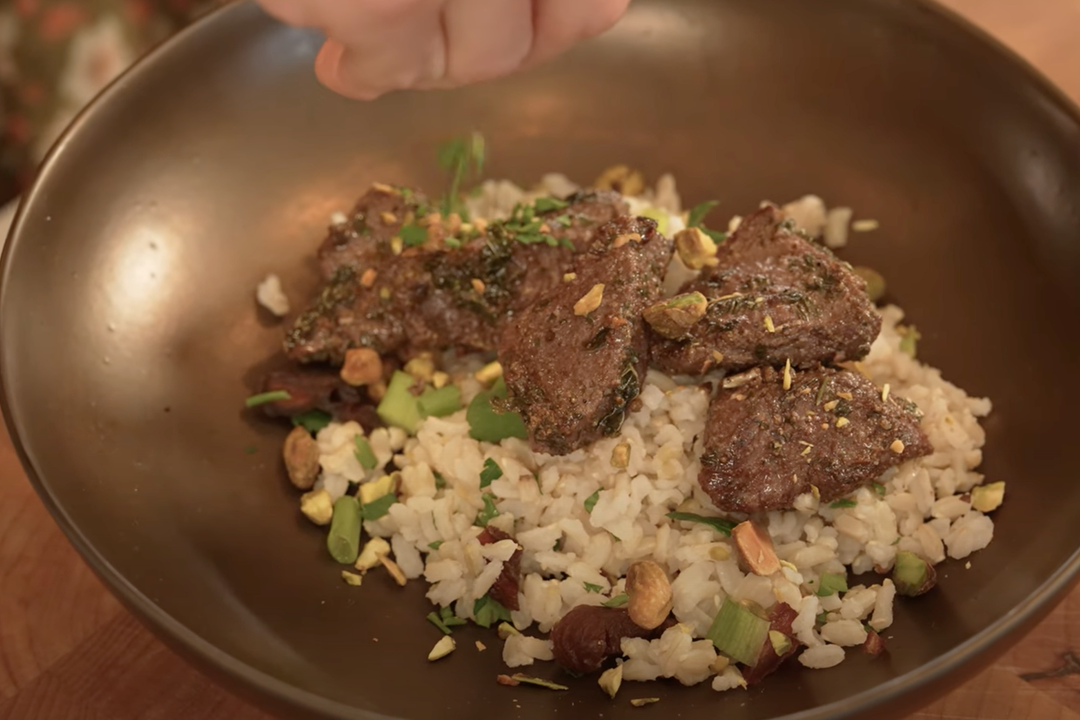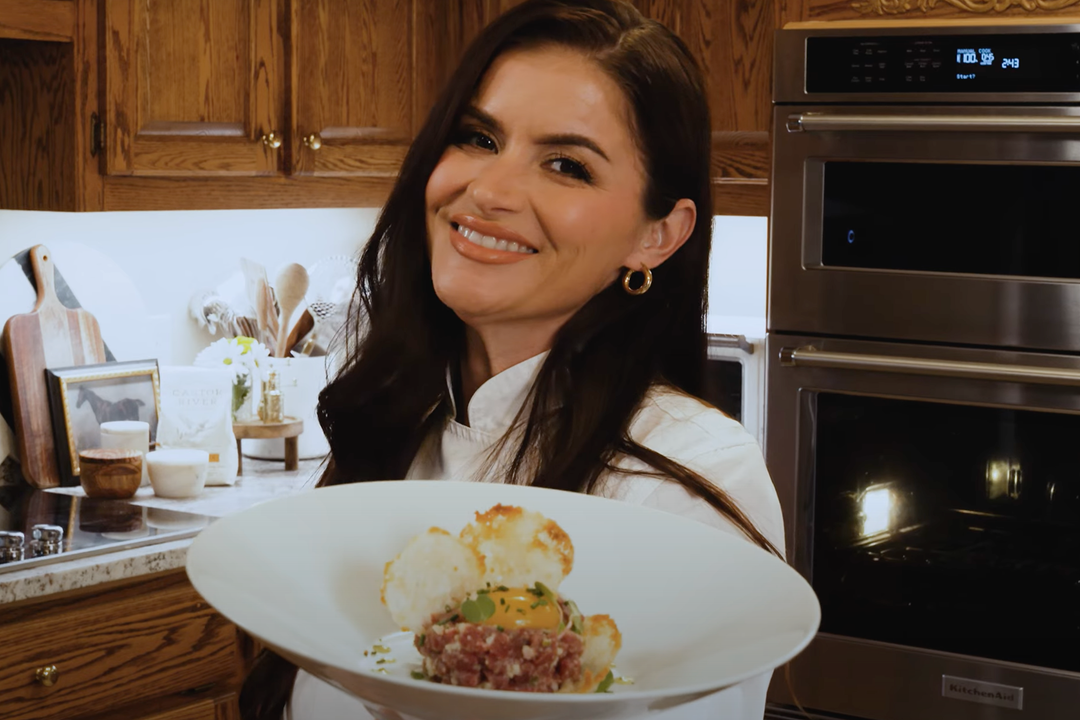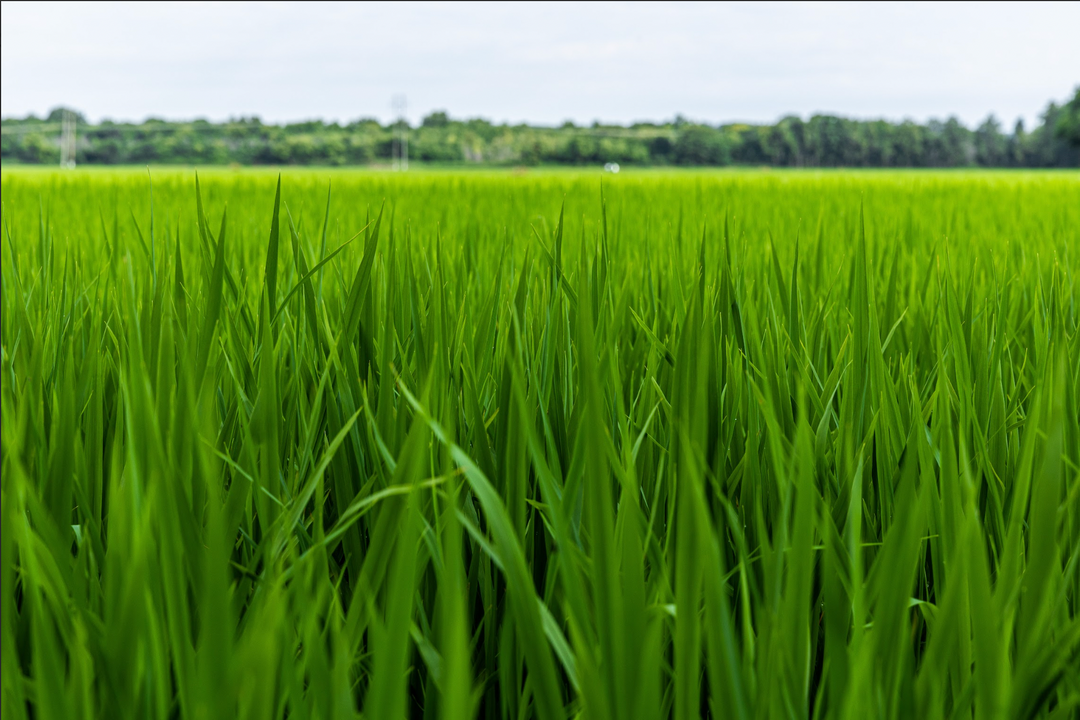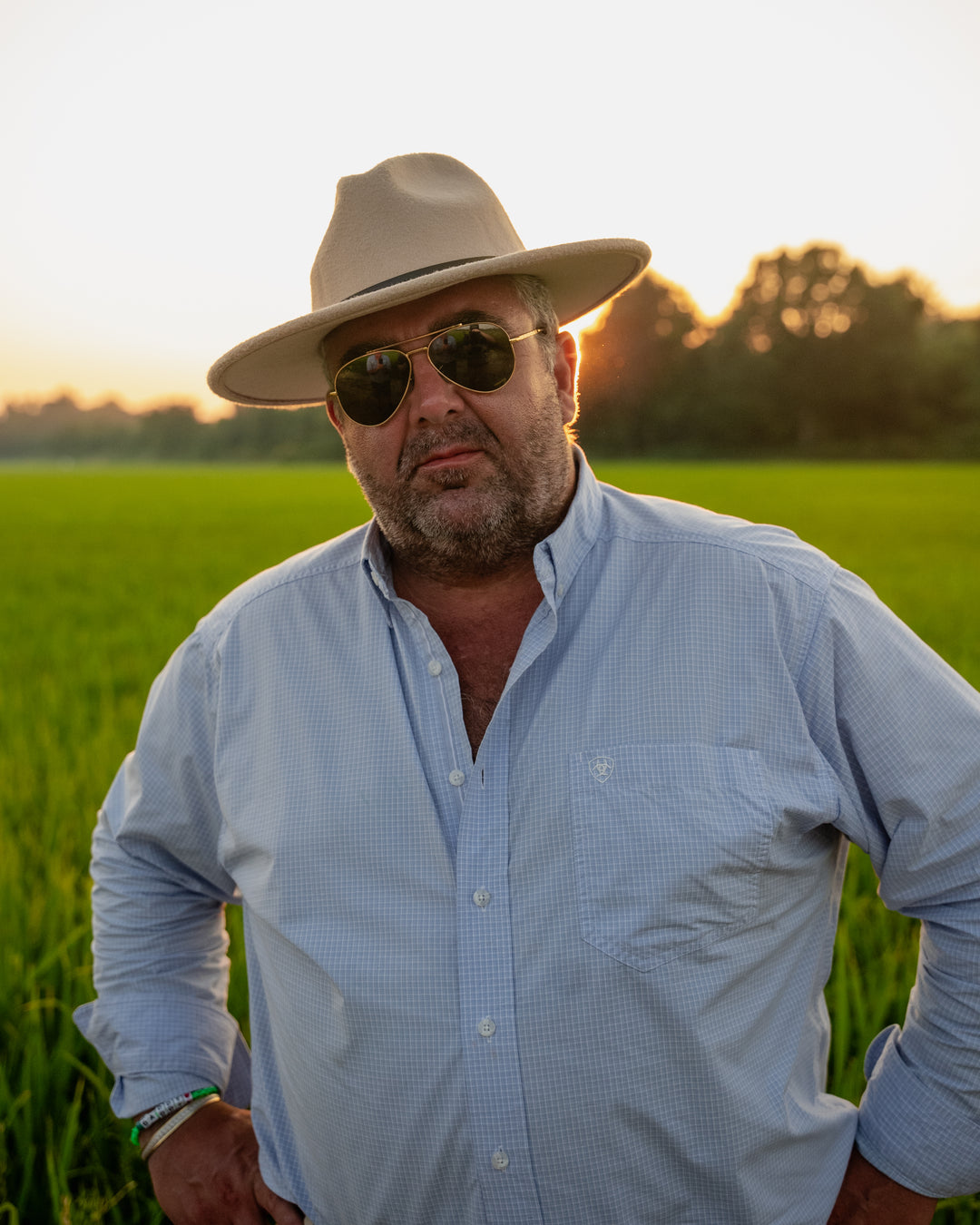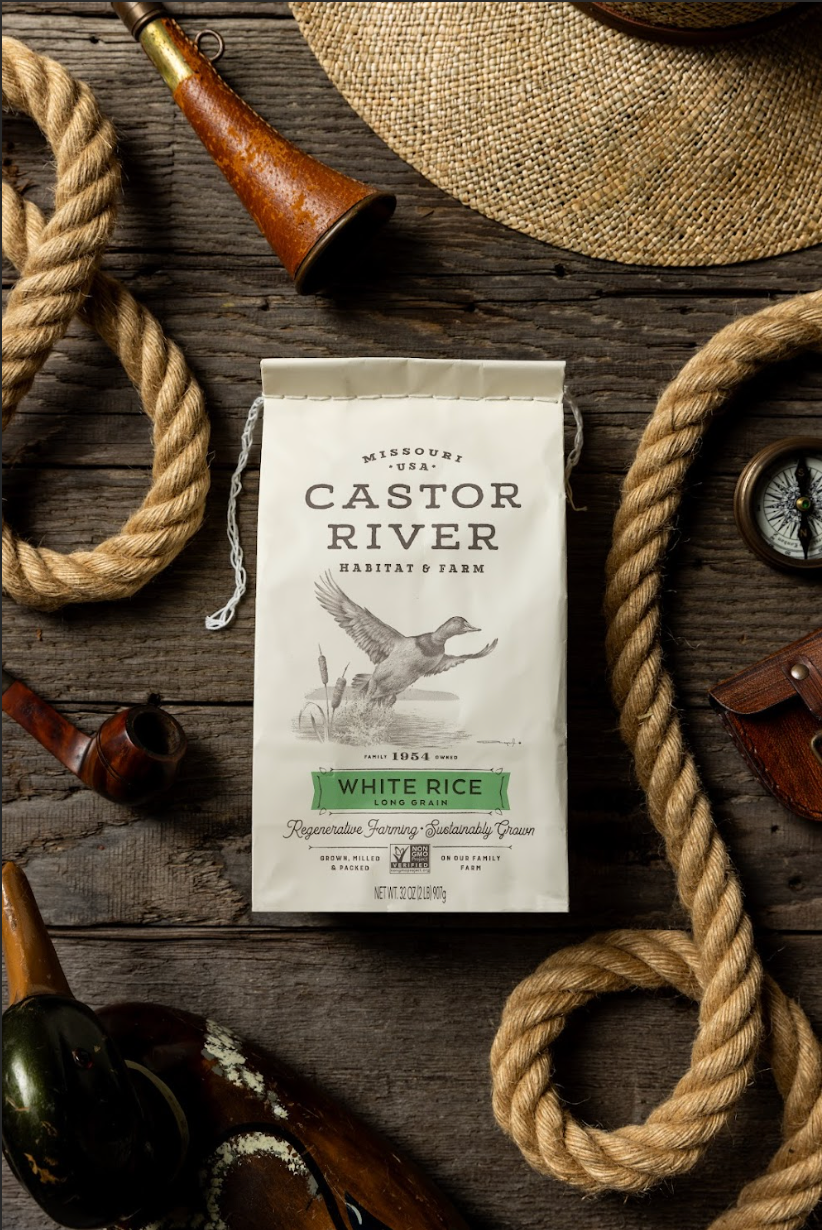Why Our Long Grain Rice Cooks Better
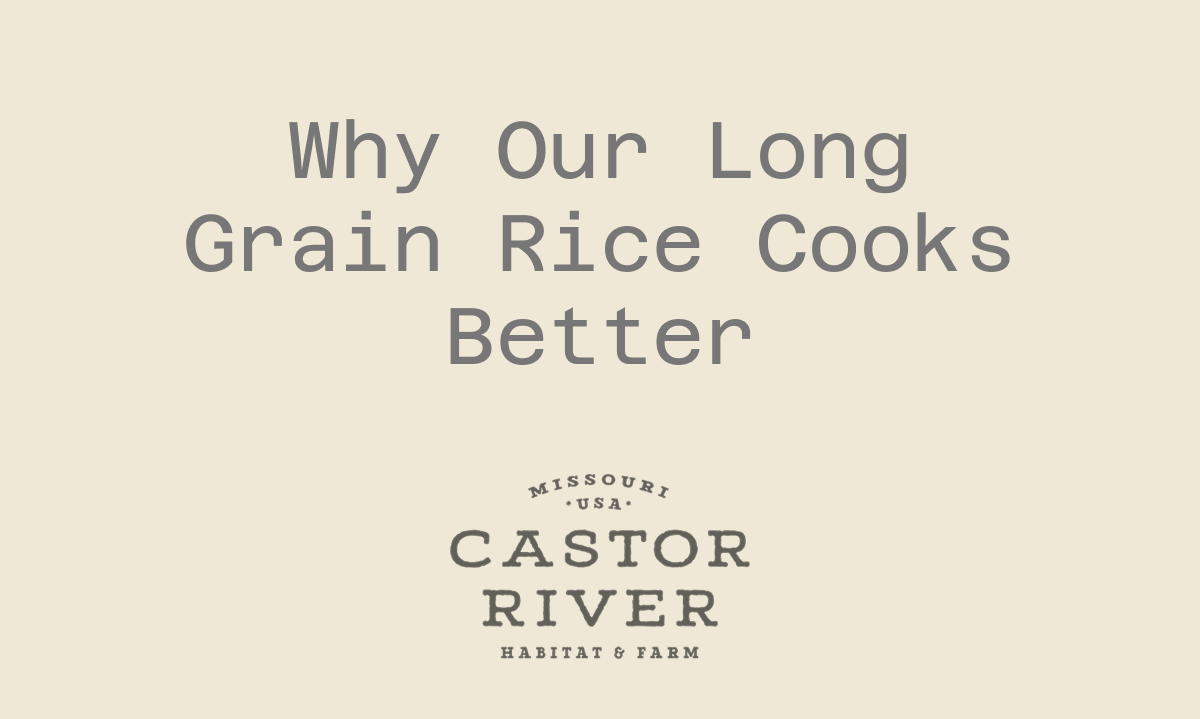
At Castor River Farms, we’ve learned that the way rice cooks is shaped long before it ever meets a pot of water. The difference isn’t just in the variety, it’s in the soil, the grain structure, and the way the crop is cared for from seed to harvest. That’s why our long grain rice doesn’t just cook; it cooks better.
What Makes Long Grain Different
Not all rice is created equal. Long grain varieties are naturally lower in amylopectin, a starch that causes stickiness. That’s why they cook up light, fluffy, and separate, unlike medium or short grains that are designed for creamier dishes. But not every long grain performs the same. Grain length, density, and growing conditions all influence whether your rice ends up fluffy or mushy.
We’ve spent decades refining those conditions, ensuring our long grain rice delivers consistency from pot to plate.
Soil Health Shapes Grain Quality
Healthy soil doesn’t just grow plants—it influences the makeup of the grain itself. When soil is rich in organic matter and teeming with life, rice develops more evenly in size and structure. That means when you cook it, the grains absorb water at the same rate. Instead of some kernels turning soft while others remain underdone, you get uniform results.
Our regenerative practices, rotating crops, rebuilding soil health, and protecting waterways, aren’t just good for the environment. They’re what make our rice predictable in the kitchen.
Why Consistency Matters in Cooking
Cooking rice is a precise balance of starch, heat, and water. If the grains aren’t uniform, some will burst while others lag behind, leading to sticky clumps or uneven texture. Castor River long grain rice avoids that problem because it’s grown in a way that supports even density across the harvest.
That’s why, when you lift the lid, you’ll find grains that are fluffy, separate, and reliable. Whether you’re cooking for a weeknight dinner or a holiday gathering.
Flavor in Its Purest Form
Rice should taste like rice—nutty, clean, and lightly aromatic. By avoiding heavy-handed chemical inputs, we let the grain express its natural character. When cooked, our rice holds its flavor without needing enhancement. It’s the kind of rice that doesn’t just act as a side, it becomes part of the meal’s flavor foundation.
Why Cooking Better Matters
For us, better cooking isn’t about convenience. It’s about trust. You can measure the integrity of a farm in how its food performs in your kitchen. When our rice cooks evenly, tastes pure, and holds its texture, it reflects the choices we’ve made in the field: to put soil first, protect water, and farm in ways that last.
From Field to Pot, The Connection Holds
When you prepare Castor River Farms long grain rice, you’re cooking with more than a pantry staple. You’re tasting the outcome of regenerative farming, decades of experience, and a commitment to growing food that nourishes both people and the land. It’s rice that respects where it comes from, and that’s why it cooks better.





